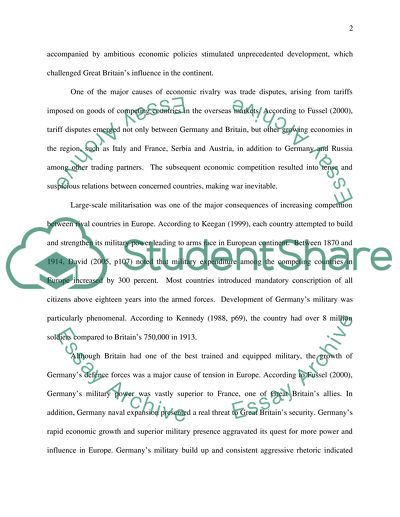Cite this document
(“Why did Peace Fail in 1914 Essay Example | Topics and Well Written Essays - 1250 words”, n.d.)
Retrieved from https://studentshare.org/history/1445202-why-did-peace-fail-in
Retrieved from https://studentshare.org/history/1445202-why-did-peace-fail-in
(Why Did Peace Fail in 1914 Essay Example | Topics and Well Written Essays - 1250 Words)
https://studentshare.org/history/1445202-why-did-peace-fail-in.
https://studentshare.org/history/1445202-why-did-peace-fail-in.
“Why Did Peace Fail in 1914 Essay Example | Topics and Well Written Essays - 1250 Words”, n.d. https://studentshare.org/history/1445202-why-did-peace-fail-in.


